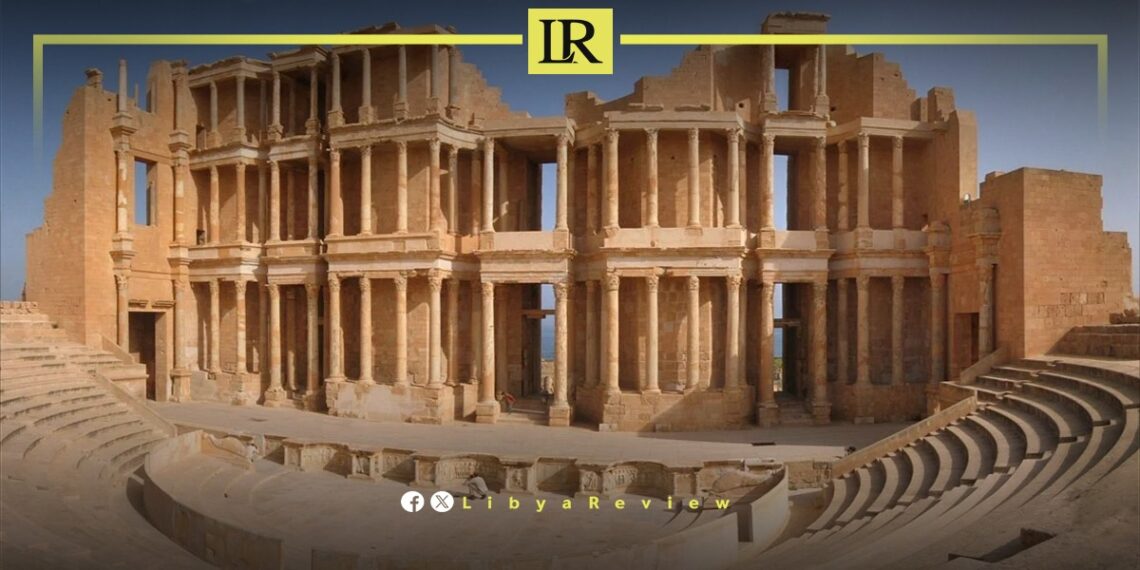A field report published by the English-language magazine African Arguments describes Libya as rich in ancient ruins, numerous archaeological sites, and cultural landmarks.
The report questions the apparent lack of interest among Libyans in their cultural heritage, citing a local resident’s view of the ancient city of Susa. Once celebrated for its Greek historical monuments, the city is now perceived as merely a heap of stones, reflecting a broader neglect of its societal value.
According to the report, the societal value of historical sites is rooted in the traditions and beliefs of those who first lived near them. This underscores the need to enhance their prestige within local communities to mitigate the risk of losing such essential elements of their heritage and reconnect contemporary Libyans with their long-lost roots.
The report highlights the neglect and deterioration of many historical sites, warning of extensive negative impacts on local communities that could benefit economically from heritage tourism. Addressing these challenges is crucial to unlocking the full economic potential of these sites.
The report stresses the need to reduce security concerns to make archaeological sites safe for all and expedite the involvement of international expertise in their preservation. It also emphasizes the importance of instilling the economic and cultural value of these sites within local communities, showcasing tangible benefits for local livelihoods.
It further notes that financial benefits for communities living near archaeological sites could lead to a shift in appreciation, deepening collective pride and altering cultural perceptions. This, in turn, could boost heritage tourism at these sites.
Additionally, the report suggests that tourism could generate economic benefits through increased visitor spending in local areas, creating much-needed jobs and fostering entrepreneurship in the form of hotels, restaurants, cafes, and transportation systems. It concludes with a call for strategic partnerships with international organizations to support the preservation of these sites.


